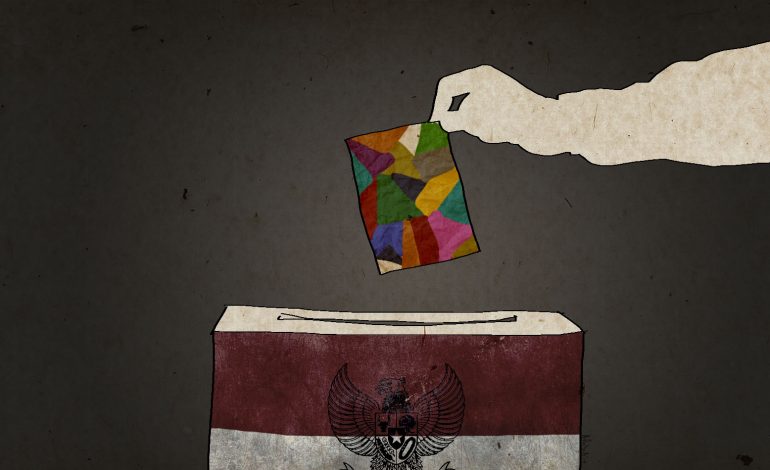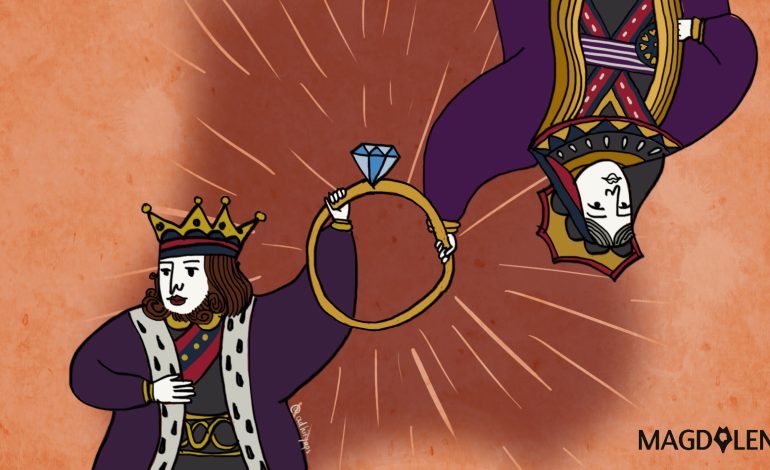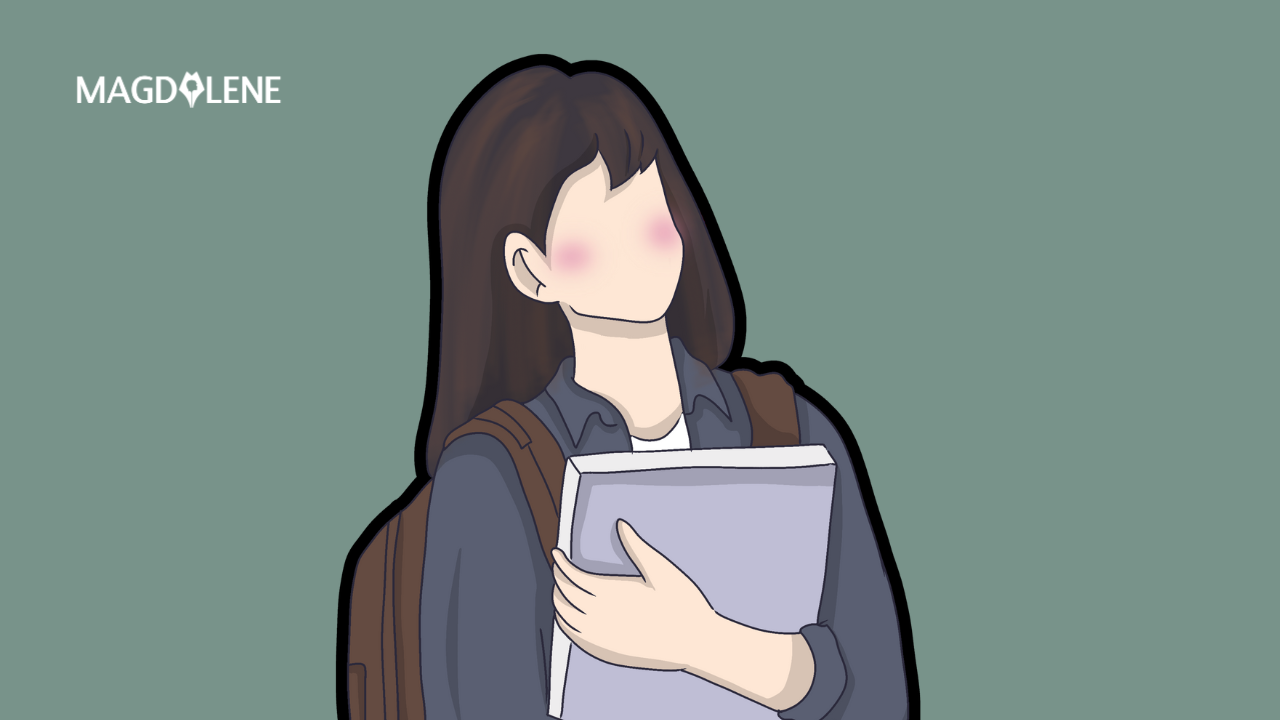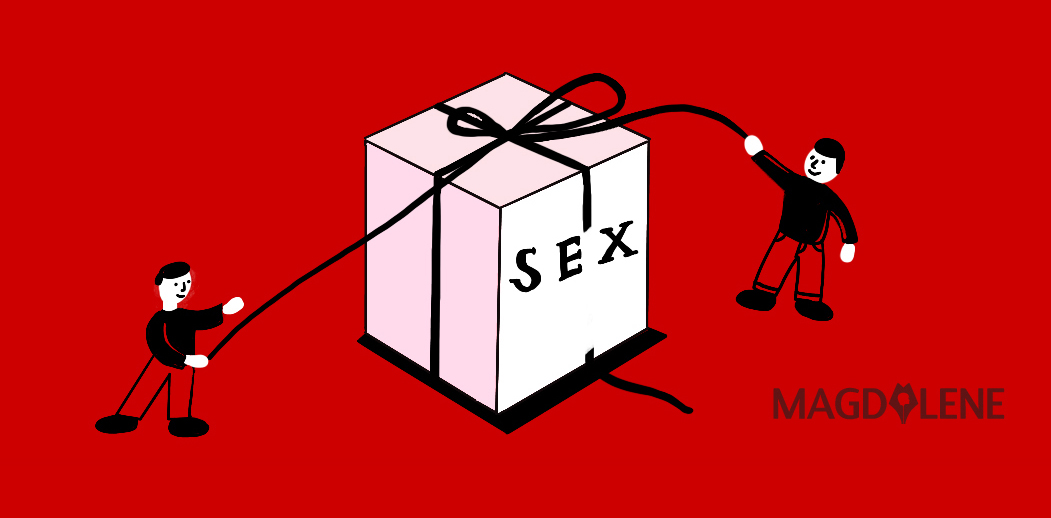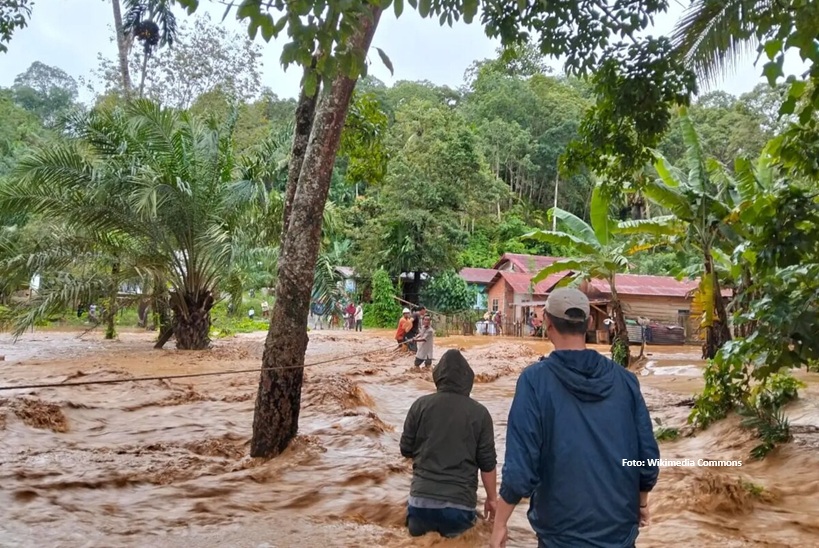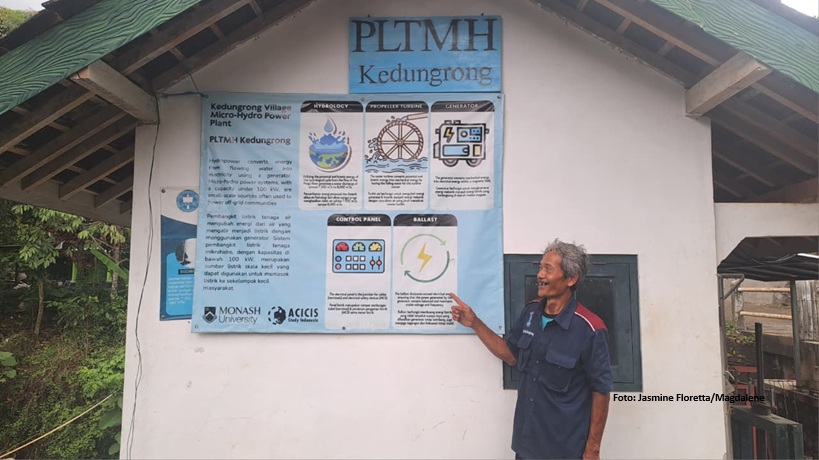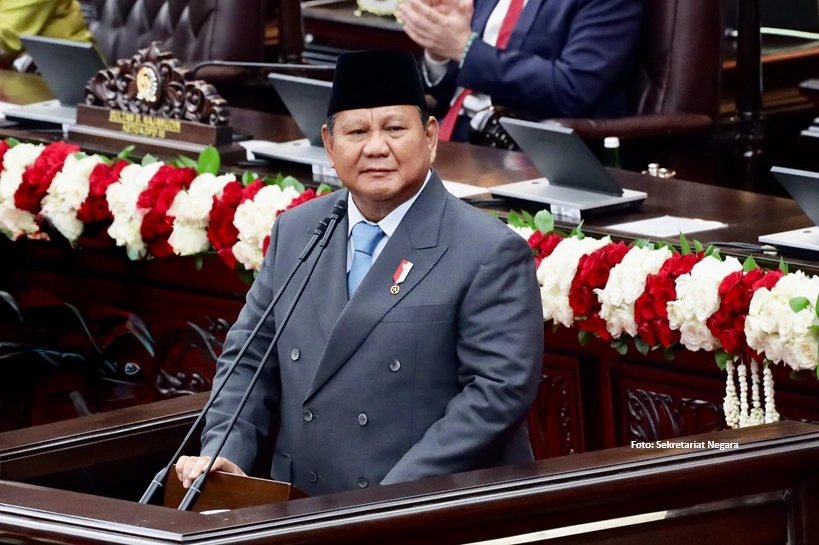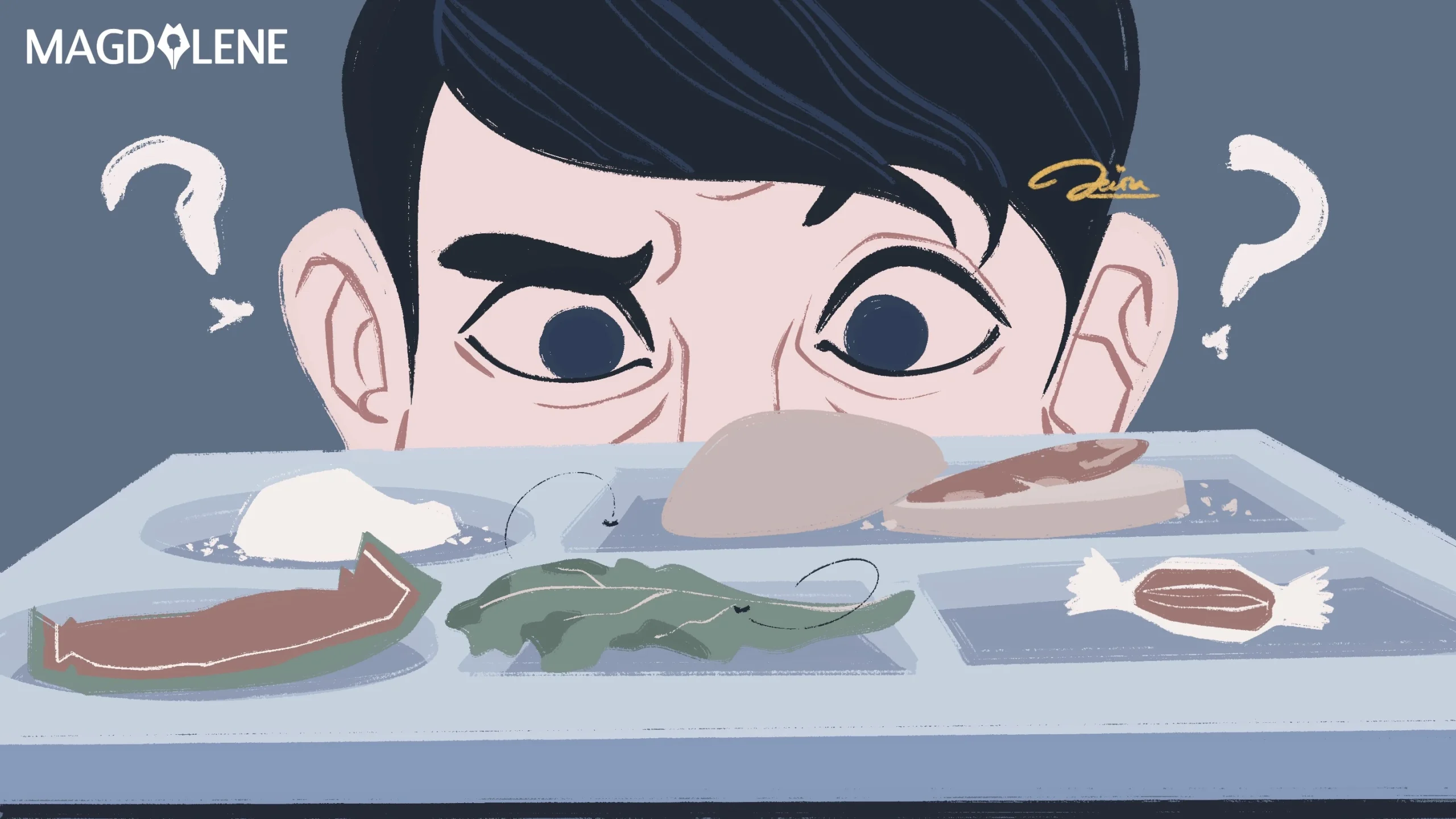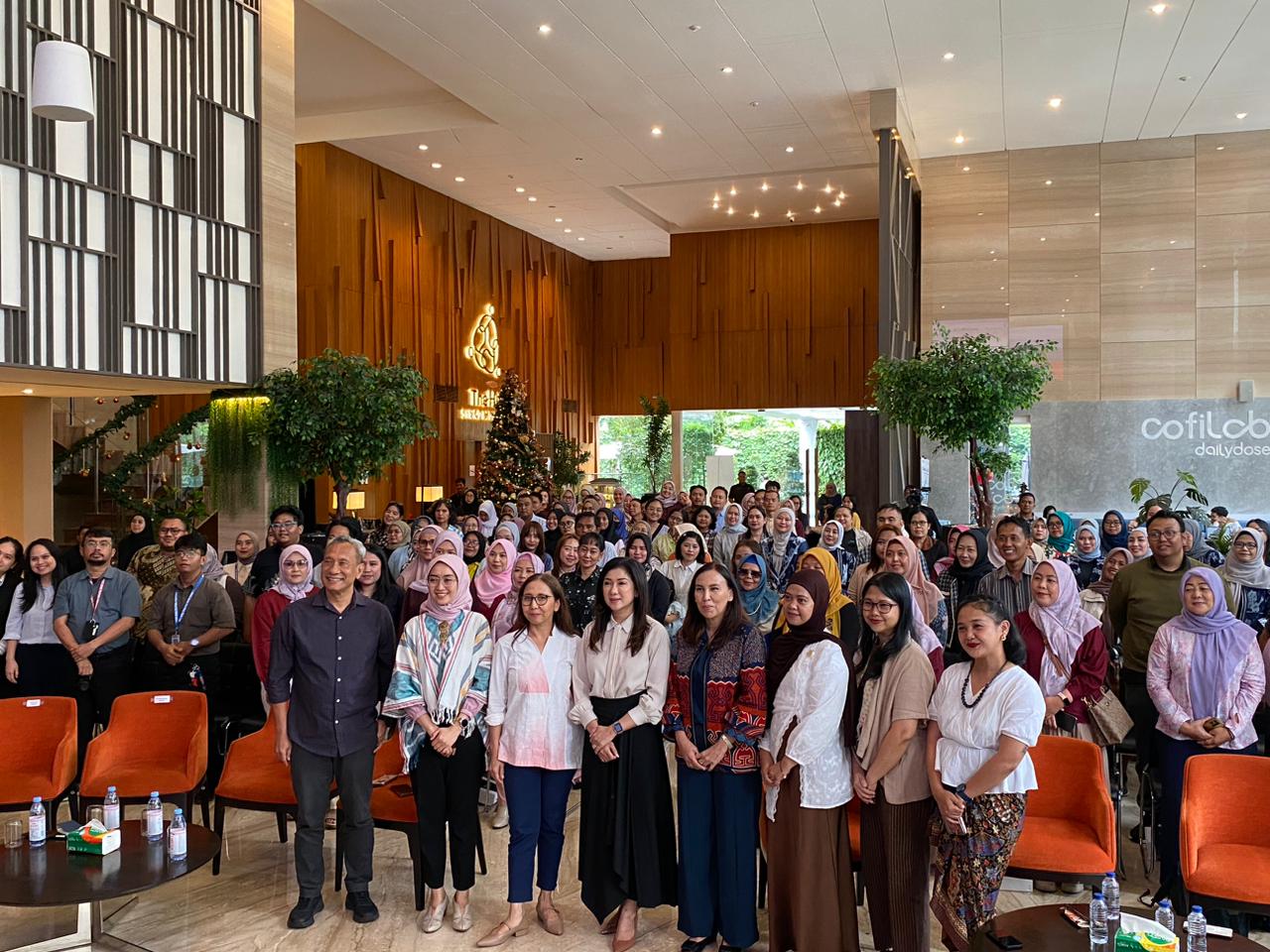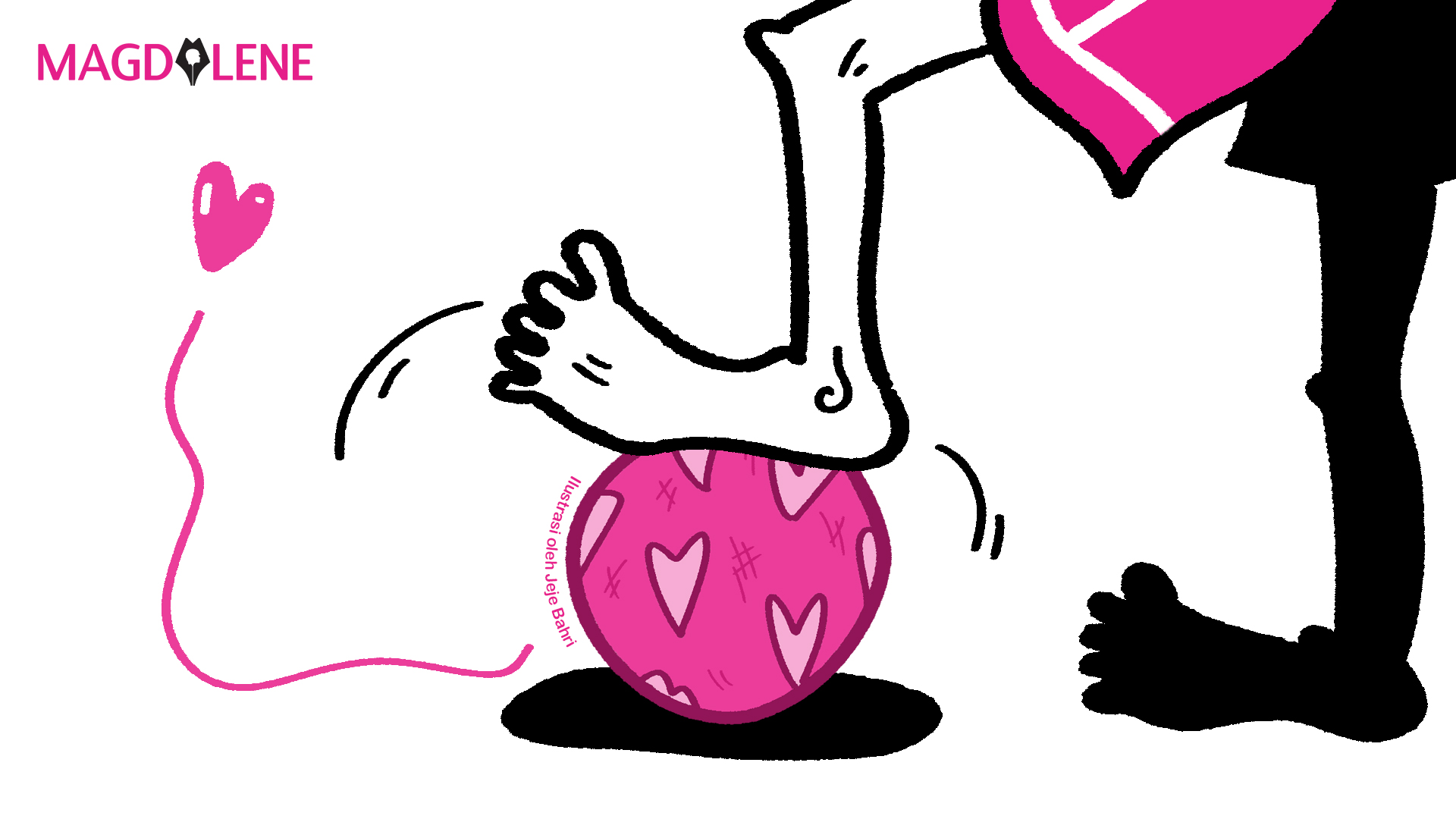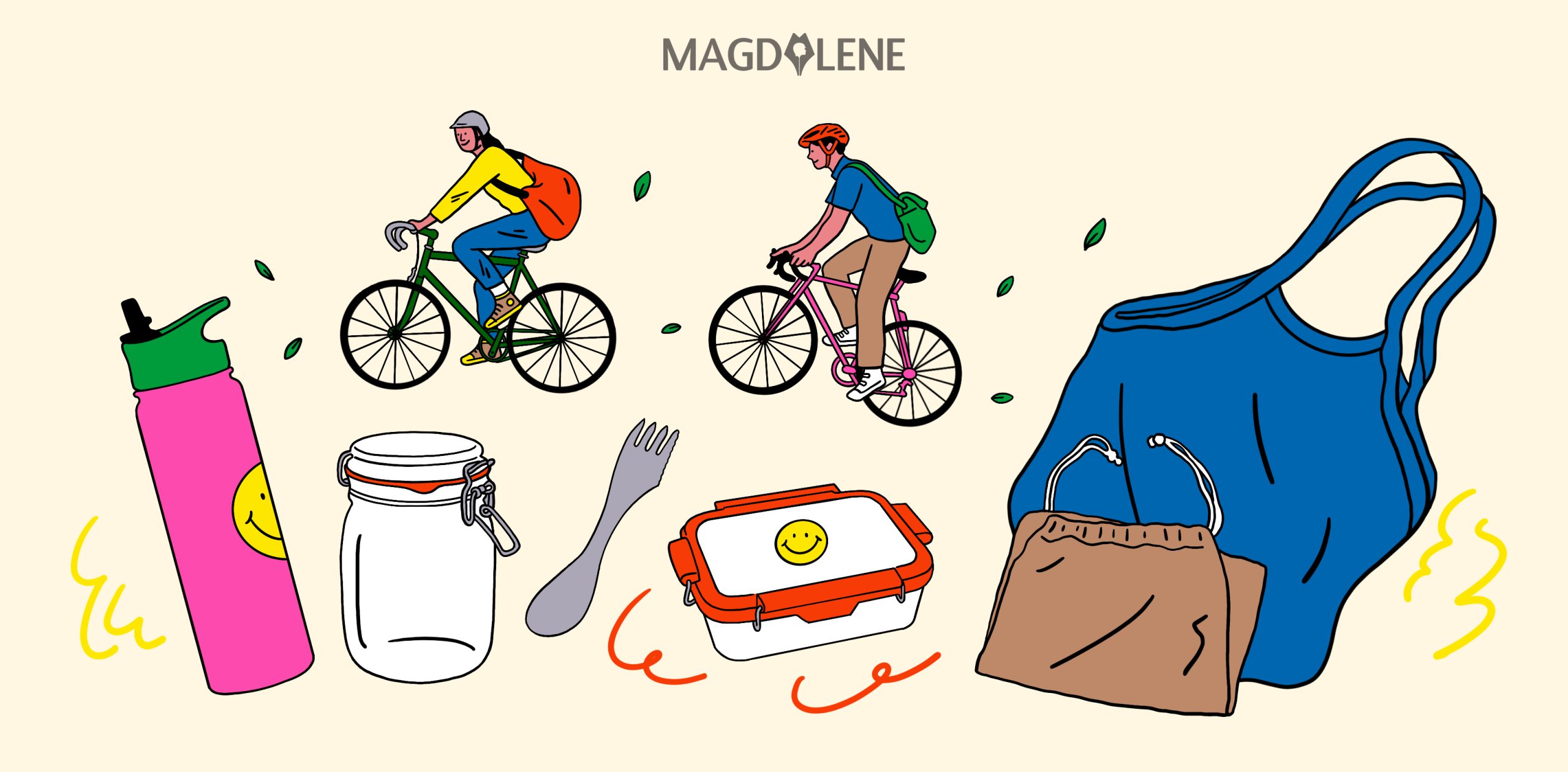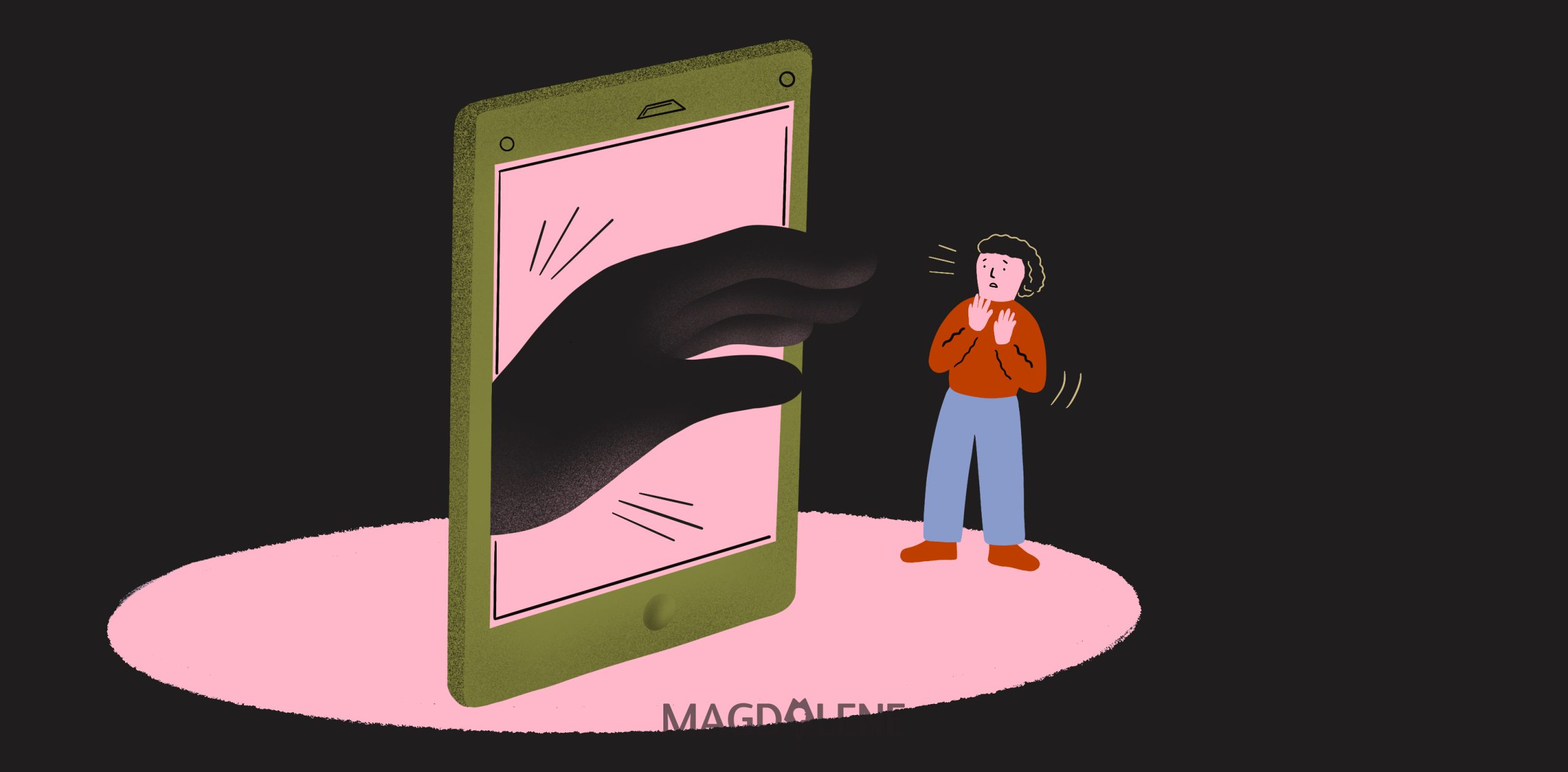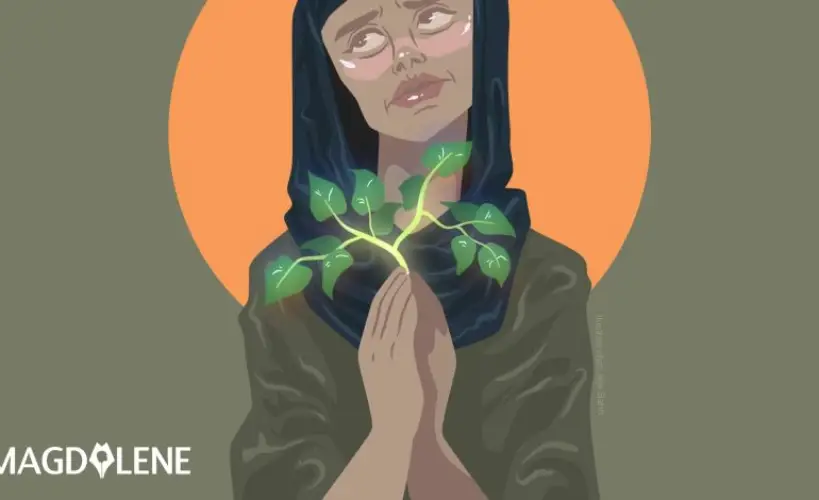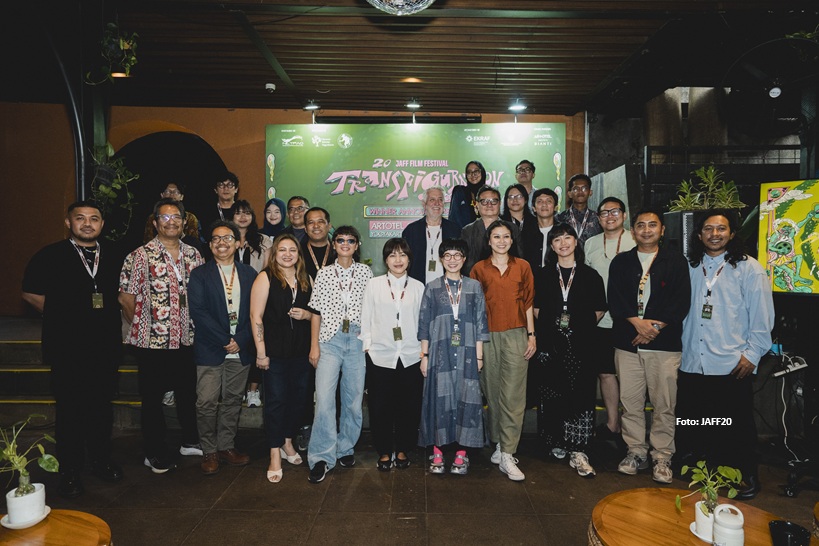We Mature with Damage, Not Years
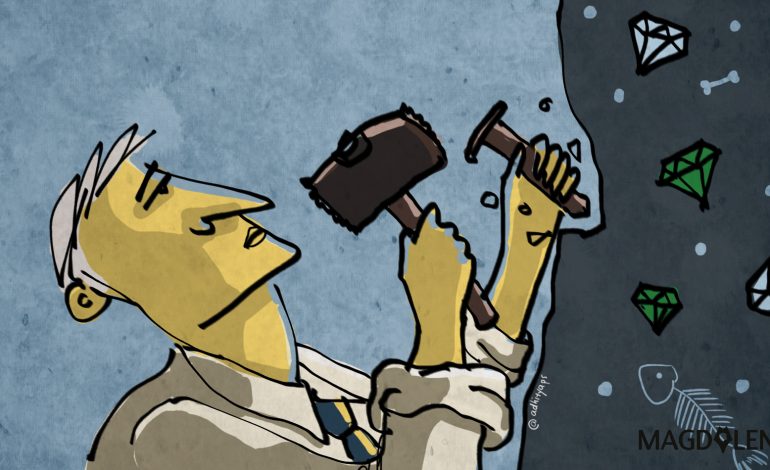
Every year on the day I turn older I always write a letter to myself. Be it a pile of reflective essay or just a short note I keep safe in my laptop. The majority of people think that older means wiser, but age has actually nothing to do with wisdom.
Each time I look back, something different soothes my nerves. Sometimes it’s the change of what used to be firmly grounded yet stubborn understanding, other times it’s the fleeting awareness that leads me to cry for happiness or sadness or anything in between.
Everything I write captures any peak experience, mental breakdown, a change of heart, endless debate in my head or maybe just simple small cumulative improvements. At certain point I migh laugh how annoyingly stupid I was the previous year, or I might be torn because the changes that happened are just too much to take.
Whenever I reread these notes, I realize one thing: the ultimate teacher of my being is the damage that happened to me. It may sound somber, but it’s another way of looking at our pain. Many successful thinkers develop from a turning point where they contemplate what life has done to them and what they would do afterwards.
Alfred Adler worked on inferiority complex after years of miserable childhood. He was a sickly child who thought that he was ugly and small, and he had severe rivalry with his brother, yet he grew up to become the president of Vienna Psychoanalytic Society.
Carl Jung entered his dark years after his friendship with Freud fell apart, became depressed, and couldn’t read any scientific books, yet he went on to develop his own theory of personality after all. Karen Horney’s marriage disintegrated and she attempted to commit suicide a few times, yet she built her own organization, became the first psychoanalytic feminist, and wrote a book designed to help people solve their own problem.
People say it’s always darkest before dawn.
The thing is, we don’t even know if it’s already darkest, or when the dark time will end. I find that life is like throwing a dice where no matter how smart you are in counting probabilities of good lucks and bad lucks, reality may just prove you wrong.
This is a reminder for me, or anyone who needs it. When good luck strikes, practice gratitude over the small things and smile. Smile so hard that your jaw gets tired, laugh out loud to all silly jokes, crystallize every moment of contentment and keep it safe so that you could always look back at the good times you’ve left behind.
And when the uninvited bad lucks come your way, don’t sweat over it. Welcome it with a sincere hug and never let it slips away without any lessons learned. Never let anything go unexamined, because according to Socrates, unexamined life is not worth living. You can’t deny damages just like you can’t deny blessings.
People tend to look away and throw away damages just like garbage – damages rooted in discrepancy between expectation and reality, pang of jealousy, abundant disappointment, and harsh obstacles of pastime. But there’s a simple way to deal with it: recycle. It all never goes to waste. It turns into a catalyst in which you could grow up faster than what you could imagine.
By being damaged, you would discover your true self. You will find out “This is what I want, this is what I’m passionate about.” or “This is the thing that would hurt me most. I don’t want to do that anymore.”
Also, by dwelling in the damages, you learn to what extent you differentiate between the things you could change and the things you couldn’t.
Sometimes you want to be aloof, sometimes you don’t. Sometimes you want to talk to endless pages, sometimes you want to talk to a crowd. Sometimes you want to spend the night working hard or just sleep 12 hours straight. Sometimes you could speak like a president, sometimes you ought to swallow all the words and leave it unspoken. Sometimes you should stand up for yourself no matter what, sometimes you need to be selfless. Sometimes you need to break down your walls, so you could say yes, sometimes you could just use the weapon underneath your tongue.
It took years for me to realize that whoever first said no pain no gain was a genius. Because, you know, who wants pain? But behind all the bruises and pain there lies an unbeatable armor you could use.
You just need to open your eyes.
Hana Adiningsih is currently a psychology student in Universitas Indonesia. The complexity of human mind always captivates her attention.

